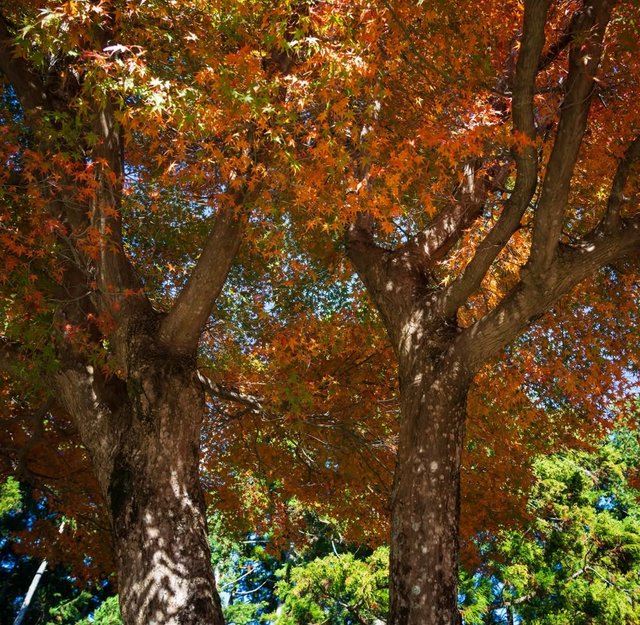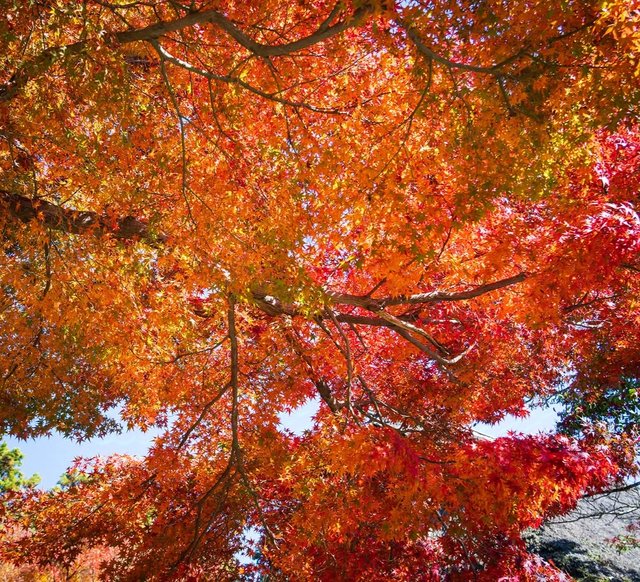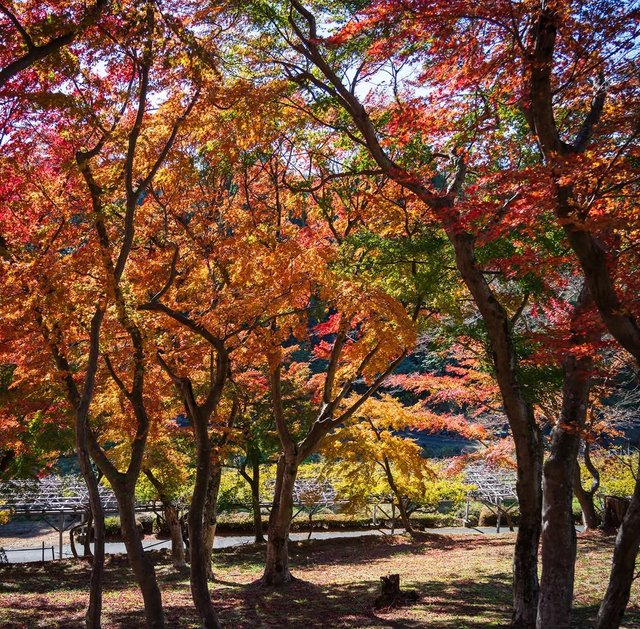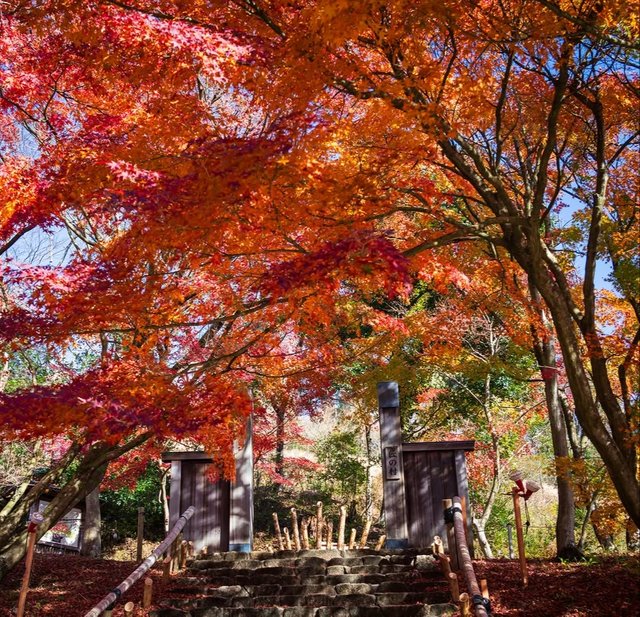The Japanese maple is a stunning and versatile ornamental tree that has captivated gardeners and landscapers around the world for centuries. Native to Japan, Korea, and China, this tree is celebrated for its delicate, hand-like leaves, which come in an astonishing array of shapes, sizes, and colors. Whether you're creating a tranquil Japanese garden or looking to add a touch of elegance to your backyard, the Japanese maple is an ideal choice.
Variety and Versatility
Japanese maples are incredibly diverse, with hundreds of cultivars available. They range in size from compact dwarf varieties that stay under 3 feet tall to larger specimens that can reach up to 25 feet. This makes them suitable for a variety of settings, from small courtyards to expansive landscapes.
Their leaves, often the tree’s most defining feature, are deeply lobed and can range from green to deep red, purple, orange, and even variegated tones. The vibrant colors often intensify in the fall, making Japanese maples a showstopper during the autumn season.
Popular cultivars include:‘Bloodgood’: Known for its deep red foliage and hardy nature.
‘Crimson Queen’: A cascading laceleaf variety with vibrant crimson hues.
‘Butterfly’: A variegated cultivar with cream-edged green leaves.
‘Tamukeyama’: A weeping variety with finely cut, deep red leaves.
Growing Conditions
Japanese maples thrive in well-drained soil and prefer a slightly acidic to neutral pH. They grow best in partial shade, as excessive sunlight can scorch their delicate leaves, especially in warmer climates. However, some varieties are more sun-tolerant and can be planted in full sun in cooler regions.
Watering should be consistent but not excessive. These trees prefer evenly moist soil, so mulching around the base can help retain moisture and regulate temperature.
Pruning is rarely necessary, as their natural growth habit is one of their most appealing features. However, light trimming can be done to remove dead wood or to shape the tree.
Cultural Significance
The Japanese maple has a rich history in East Asian culture. In Japan, they are often used in traditional gardens to symbolize elegance, peace, and the transient beauty of nature. During the fall, people flock to parks and temples to view the vibrant foliage, a practice known as "momijigari" or "maple leaf hunting."
Their graceful form and vivid colors also make them a popular subject in Japanese art and literature. Bonsai enthusiasts particularly treasure Japanese maples for their intricate branching and ability to develop beautiful miniature versions of the tree.




